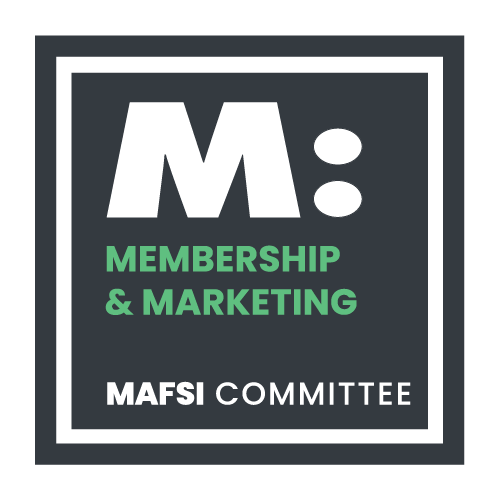FEATURE ARTICLE: Guidelines For Interaction Between Regional Sales Managers and Reps - June/July 2024

July 18, 2024
Feature Article: Guidelines For Interaction Between Regional Sales Managers and Manufacturers’ Reps

A key element to the success of both the rep and manufacturer is the Regional Sales Manager (RSM). These guidelines were developed to provide a clearer understanding of a Regional Sales Manager's duties, responsibilities, objectives and interactions with Manufacturers' Representatives.
Objectives for Regional Sales Managers (Basic)
- Training of new sales people in a representative firm.
- Assist end user and representative problems with the factory.
- Introduce new products and programs.
- Provide technical assistance to end users or representatives.
- Help in establishing goals and forecast in a territory.
- Provide support to representatives to enable them to achieve the goals.
- Assist in closing important orders.
Objectives for Manufacturer's Representatives (Basic)
- Develop new business.
- Expand business with current customers.
- Service customers in such a manner that they want to continue to do business with the manufacturer.
- Be an extension of the manufacturer's business.
- Manage the territory with regards to:
- Competitive activity
- Sales meetings
- Trends in the marketplace
- Marketing their products
- Establish customer base
These objectives are all very fundamental and could be expanded upon tenfold. However, we will leave specifics and objectives to the individuals involved.
|
Looking for a Starting Point on how to set Check out MAFSI's Ground Rules for Regional Managers and Representatives. |
Areas to Concentrate On:
Expertise
Our position regarding training is firm. The factory regional manager should be the expert on their company's products. Anything less than the "most knowledgeable person" should not be acceptable by either the manufacturer or the representative agency.
The factories must place great emphasis on teaching their field managers both product knowledge and selling techniques. They should also be well versed in the policies of their manufacturer, as well as having general background information about the role their representatives play.
Authority
Assuming impeccable credentials regarding product information and selling techniques, the regional manager cannot succeed without the authority that balances their responsibilities. We feel the factory must empower the regional manager for two key reasons:
- To grow their share in that market.
- To create an effective and objective measure of the regional manager's performance.
Sending a regional manager to the market without proper authority will not only fail to gain the desired increase, it will create a negative impression with several segments of our industry. It is our feeling that the more the factory decentralizes authority, the more effective they will be.
Scheduling Of Visits
Regional managers should give enough notice to the representative firms of upcoming visits. At least 30 day notice should be given, and specific goals should be stated. With advance notice appointments can be confirmed and business conflicts can be avoided.
Some calls to maintain "goodwill" obviously should be made. However, if the regional manager only wants these calls scheduled, it becomes the responsibility of the agency principal to communicate this to senior factory management.
Joint Responsibility/Review and Planning Session
The representative is the every-day presence in the market. The regional manager is in several market areas that may differ in many aspects. We feel that, for maximum effectiveness, this inside/outside viewpoint should be shared in regularly scheduled planning sessions. This activity, if practiced regularly, and reviewed annually, will improve the ally relationship we have between representative and manufacturer.
Cost/Purpose
Careful consideration should also be given to unnecessary or excessive paperwork, i.e. call reports, territory analysis, competitive surveys and market changes. Although this information can be beneficial, if done to excess, it can become counter-productive, taking valuable time away from the rep’s selling duties. Additionally, this excess paperwork could challenge the claim of independent representatives and could make them appear as employees. This could raise a whole new set of operating dilemmas.
The "tools"; i.e. social media, e-mail, CRMs, AutoQuotes, SpecPath, etc. will not bring about the necessary changes. It must be done by managers who understand the importance of strong representative/manufacturer alliances, who analyze, execute and track the new plans necessary for success in today’s marketplace.
Closing
We are in the foodservice business together, sharing a relationship through common goals and philosophies, and the right RSM is one of the most important factors in our mutual success.




Comments